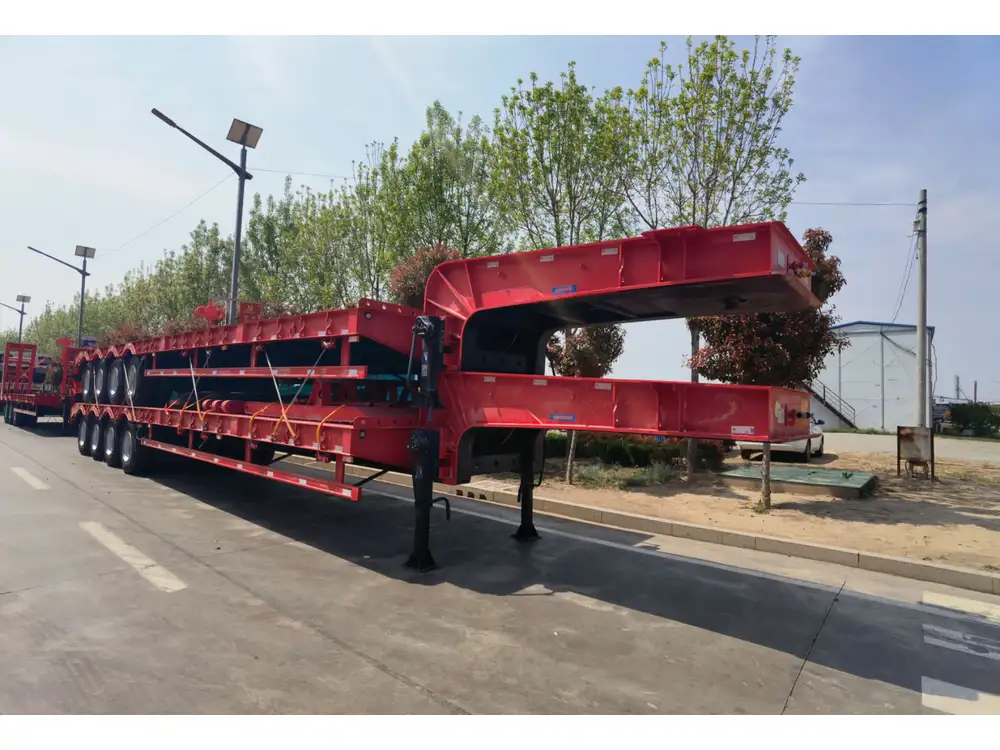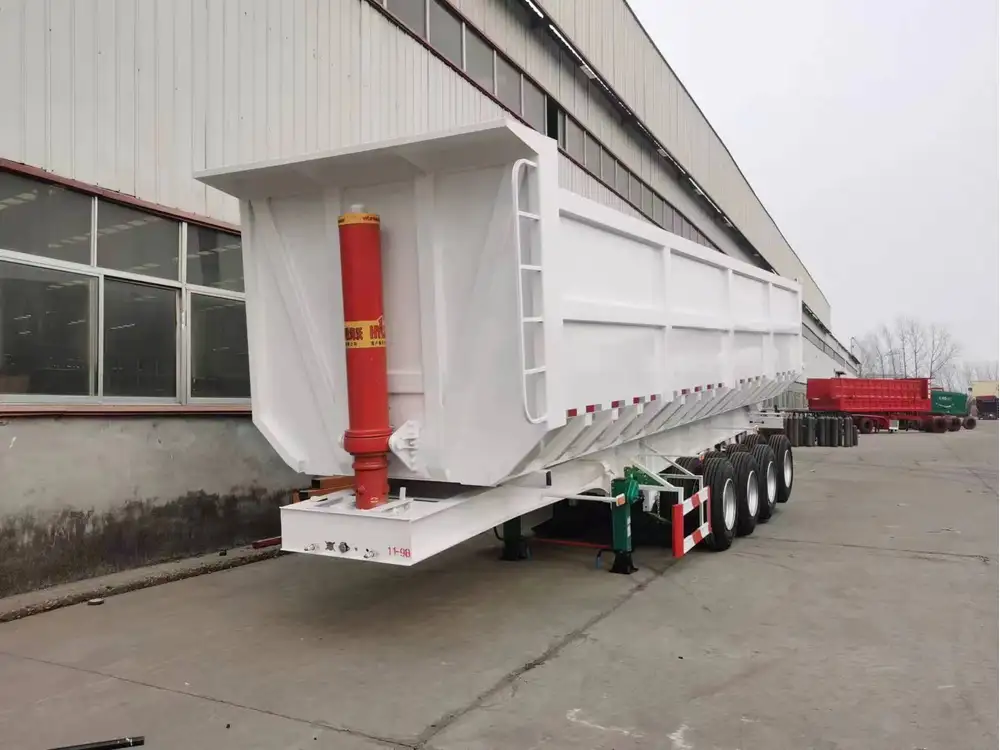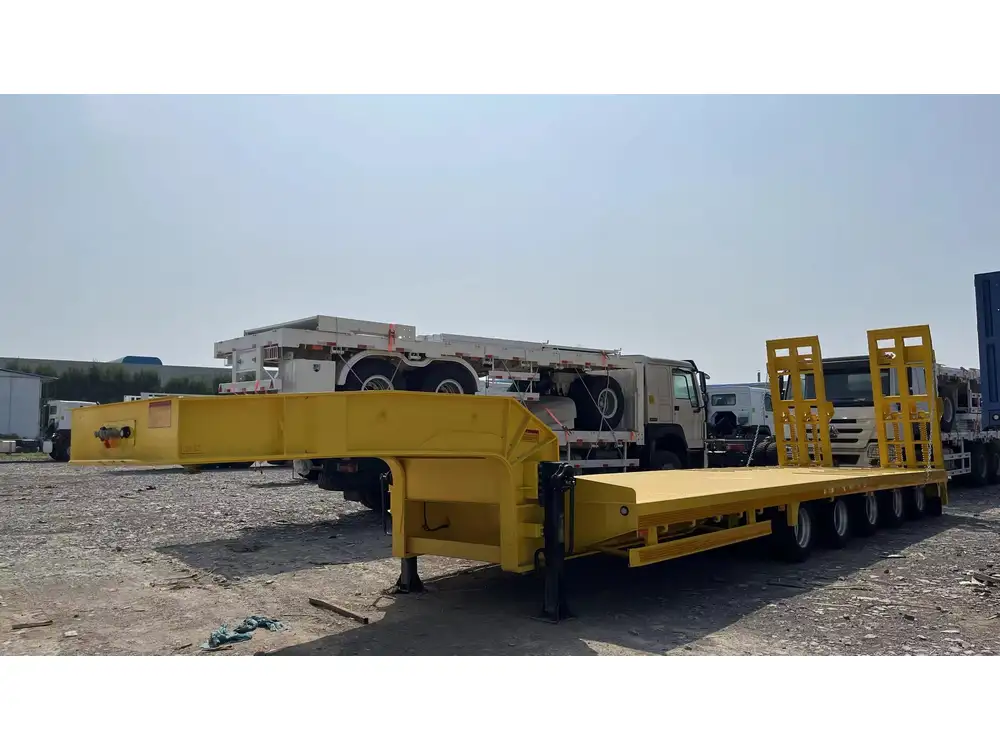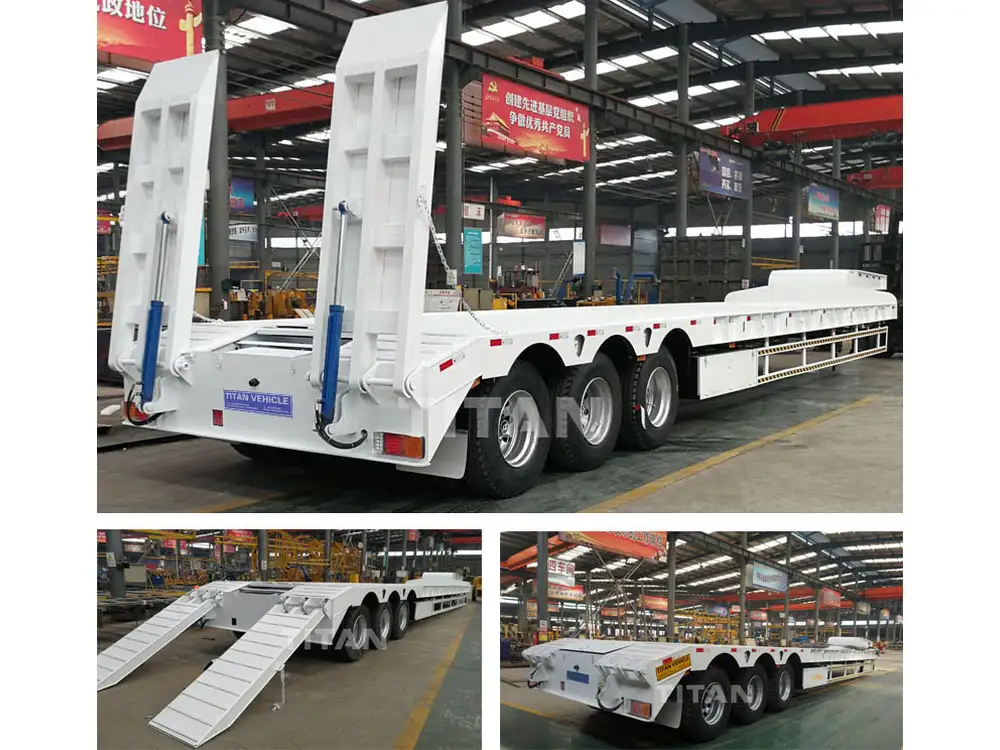Fuel tankers play a pivotal role in the transportation and delivery of various liquid fuels, including gasoline, diesel, and other petroleum products. In this comprehensive guide, we will explore the intricacies of fuel tankers, their construction, operational standards, safety protocols, and much more.
What is a Fuel Tanker?
A fuel tanker is a specialized vehicle designed for the safe and efficient transportation of liquid fuels. These tankers can vary in capacity and design, accommodating different types of fuels depending on their intended use.
| Type of Fuel Tanker | Description | Typical Capacity |
|---|---|---|
| Petroleum Tankers | Transport gasoline and diesel | 4,000 – 11,000 gallons |
| Chemical Tankers | Carry hazardous or non-hazardous chemicals | 5,000 – 20,000 gallons |
| LNG Tankers | Designed for liquefied natural gas | 100,000 – 300,000 gallons |
| Bulk Fuel Trucks | Serve small to medium deliveries | 1,000 – 7,000 gallons |
Key Components of Fuel Tankers
Tank Structure: Commonly made from stainless steel or aluminum, the tank structure must withstand high pressure and resist corrosion.
Pump System: Equipped with powerful pumps for loading and unloading fuel efficiently. High-quality pump systems minimize the risk of leaks during operations.
Valves and Fittings: Critical for controlling the flow of fuel, these components are designed to meet strict safety standards.
Safety Features: Many modern fuel tankers come with spill containment systems, emergency shut-off mechanisms, and explosion-proof lighting to ensure maximum safety during operation.

Regulation and Compliance
Regulatory compliance is non-negotiable in the fuel transportation industry. Fuel tankers must adhere to local and international safety standards, such as the U.S. Department of Transportation (DOT) regulations and the International Maritime Organization (IMO) guidelines.
Types of Fuel Tankers
Fuel tankers can be categorized based on their design and functionality. Here are the major types:
1. Road Tankers
- Purpose: Primarily utilized for on-road transport of fuel to retail stations.
- Design: Typically features multiple compartments to enable the transportation of different fuel types simultaneously.

2. Rail Tankers
- Purpose: Facilitates the bulk transport of fuel over long distances via rail networks.
- Design: Larger capacity than road tankers, these units are equipped with specialized couplings for efficient loading and unloading.
3. Marine Tankers
- Purpose: Designed for long-distance sea transport of liquid fuels.
- Design: These tankers can hold vast quantities (up to millions of gallons) and require enhanced safety and material standards due to the hazards associated with marine transport.
4. Pipeline Systems
- Purpose: Transfers fuel over long distances using an extensive network of pipelines.
- Design: While not a ‘tanker’ per se, pipelines play a critical role in the distribution of fuels from production to consumption points.

Fuel Tanker Operations
Loading and Unloading Procedures
The loading and unloading of fuel tankers is a fragile process that demands precision and adherence to safety protocols. Consider these steps:
- Inspection: Before any loading or unloading activity, a thorough inspection ensures that the tanker is free of leaks and damage.
- Grounding: Tankers are grounded to prevent static electricity build-up, which can lead to ignition.
- Emergency Preparedness: Crews must be familiar with emergency protocols in case of spills or leaks.
Environmental and Safety Concerns
Fuel tankers are subject to various environmental regulations enforced by governing bodies to mitigate the risks associated with fuel transportation. Key measures include:
- Spill Prevention: Innovative designs aimed at minimizing spill risk during transport.
- Training: Regular training sessions for drivers and crew to handle emergency situations effectively.
- Regular Inspections: Routine inspections of tanker vessels are mandated to ensure compliance with safety standards.
| Safety Measures | Description |
|---|---|
| Spill Containment Systems | Tactics employed to contain any accidental discharge of fuel. |
| Training Programs for Employees | Educate personnel on safe practices and emergency procedures. |
| Telematics Systems | Real-time monitoring of tanker speed, location, and any malfunctions. |

Cost Considerations in Fuel Transportation
Fuel transportation is a significant expense in the supply chain. Stakeholders must consider various factors that contribute to the overall costs.
Operational Costs
- Fuel Costs: The price of fuel itself is paramount, influencing transportation pricing.
- Maintenance: Regular maintenance is crucial to ensure safety and efficiency.
- Insurance: Adequate insurance coverage is necessary to protect against accidents and liabilities.
Market Influence
- Demand Fluctuations: Global oil prices and local demand can significantly affect transport rates.
- Regulatory Changes: New regulations or policies can also influence operational costs.

Future Trends in Fuel Tanker Technology
The fuel transportation industry is witnessing rapid technological advancements that promise to enhance efficiency and safety. Some emerging trends include:
1. Automation and Digitization
- Automation: Automated loading and unloading systems minimize human error.
- Sensors and IoT: Real-time data collection on fuel levels, temperature, and potential leaks enhances monitoring capabilities.
2. Alternative Fuels
As the industry shifts toward sustainability, the integration of alternative fuels and electric-powered tankers is increasingly explored.

Conclusion: Fuel Tankers as Cornerstones of Modern Logistics
Fuel tankers are foundational elements in the global logistics and supply chain framework. Their operational complexities, regulatory requirements, and safety measures form an intricate network that underscores the importance of efficient fuel transport.
By understanding the nuances of fuel tankers—from design to operation—industry stakeholders can enhance their strategic approaches, align with regulatory expectations, and prioritize safety and sustainability in their operations.
Key Takeaways
- Fuel tankers are specialized vehicles for transporting liquid fuels safely.
- Regulatory compliance is vital for safe operation.
- Emerging technologies promise to reshape the industry for greater efficiency.
- Environmental concerns require continuous innovation and adherence to best practices.
Engaging with this article provides a more nuanced comprehension of fuel tankers, beneficial for anyone involved in the transportation sector, aiming for improved operational excellence and safety.



